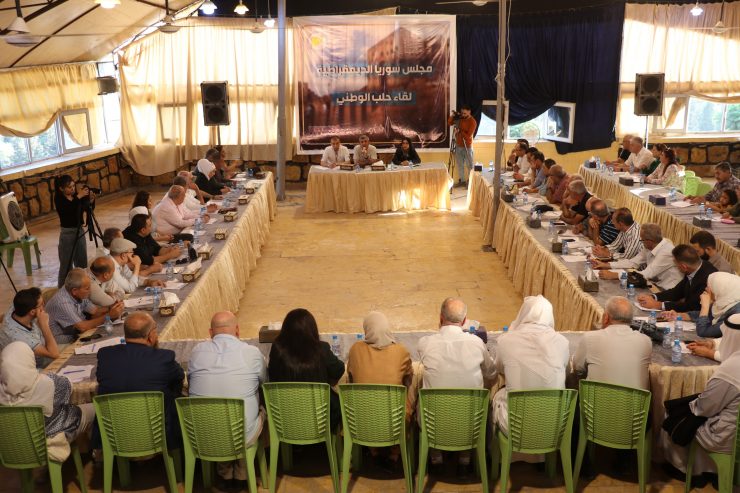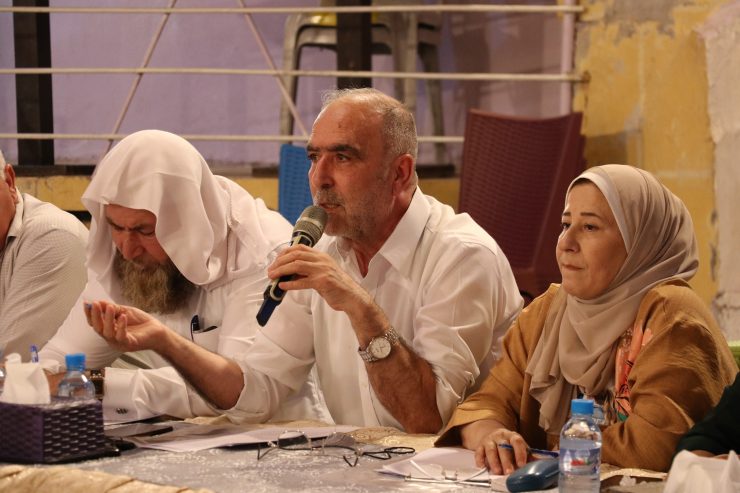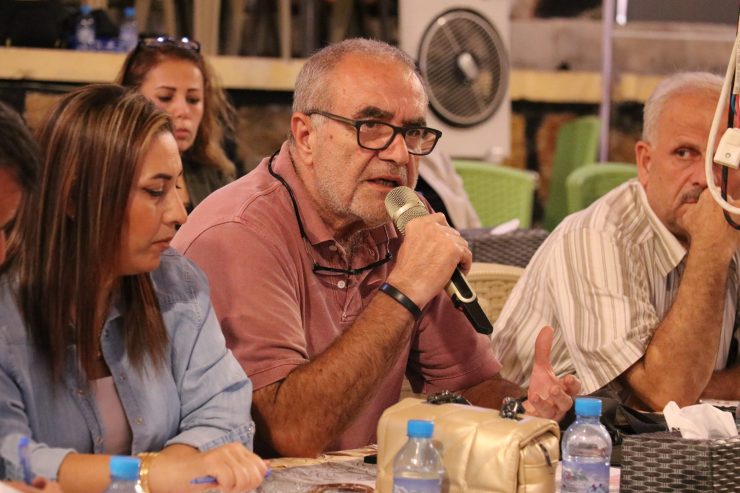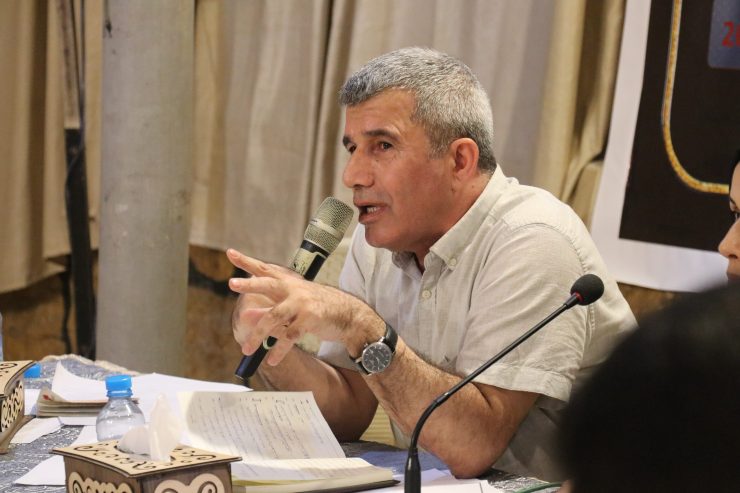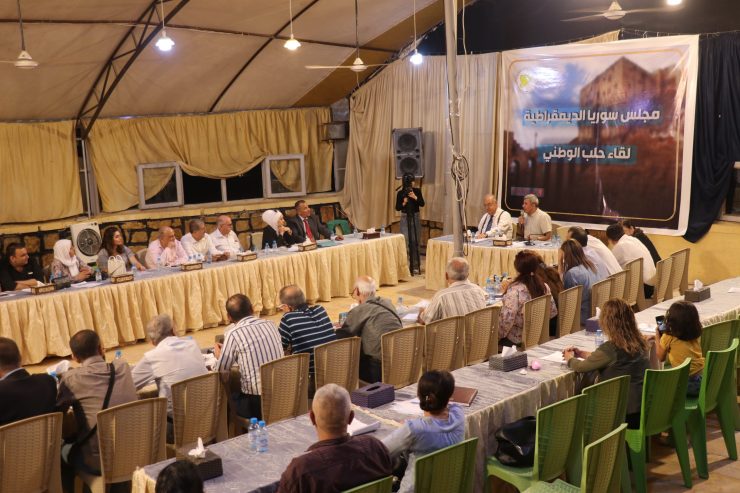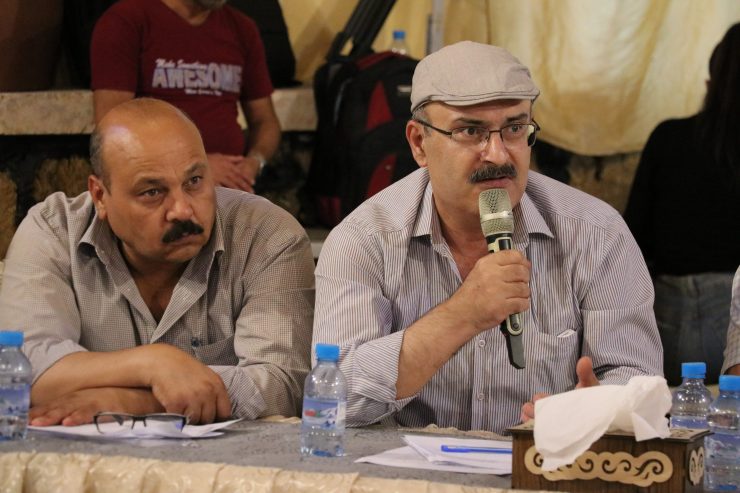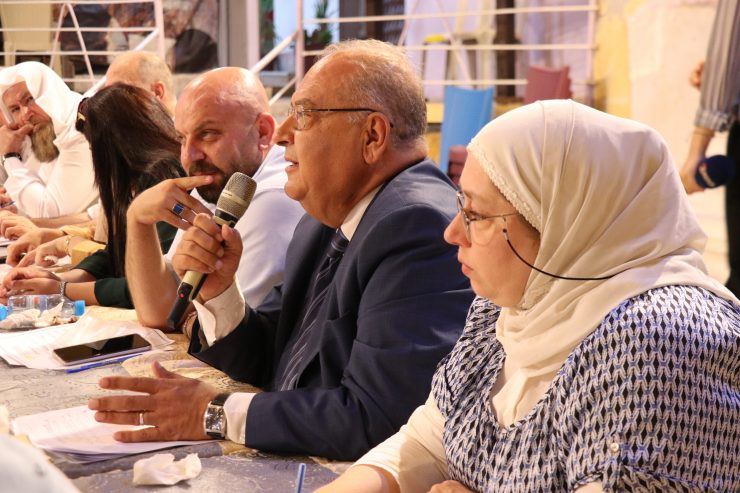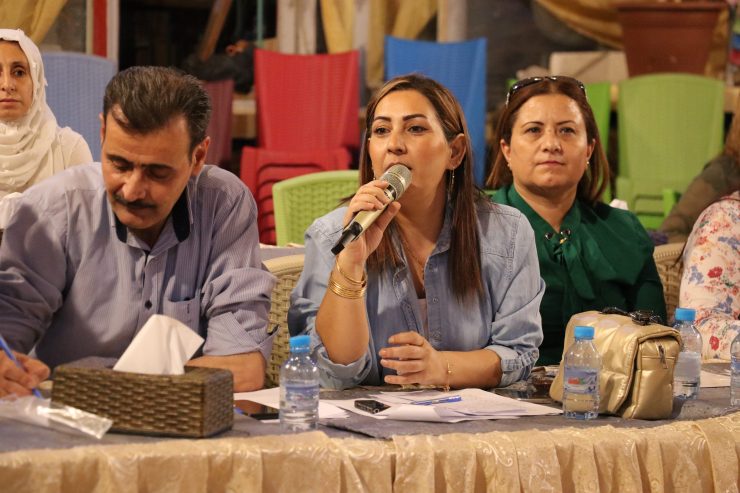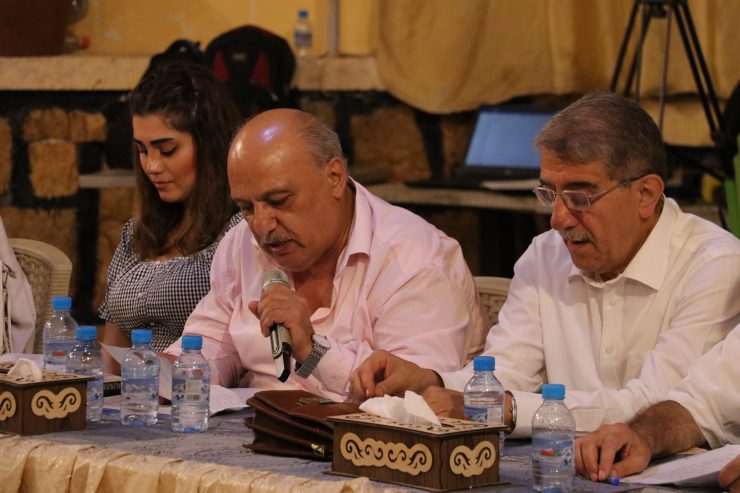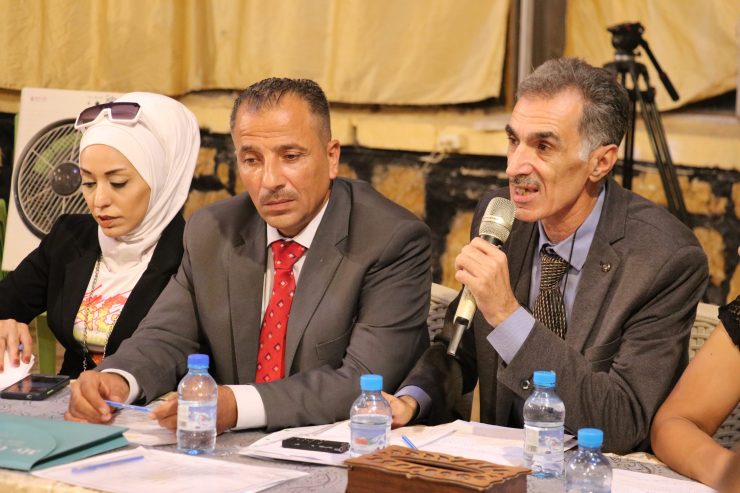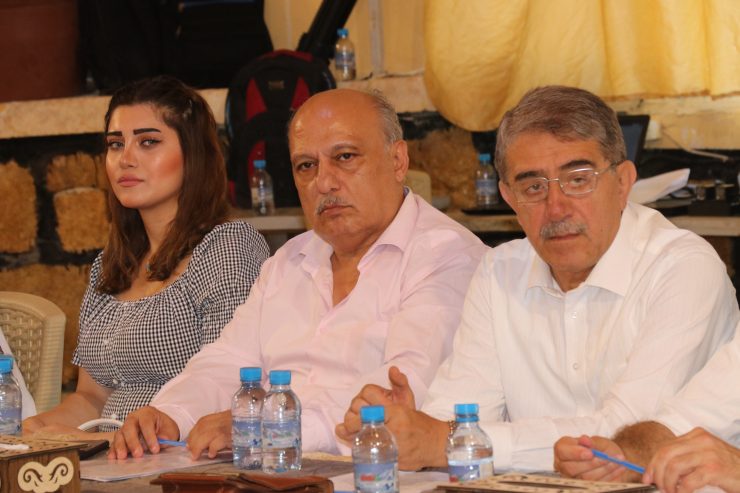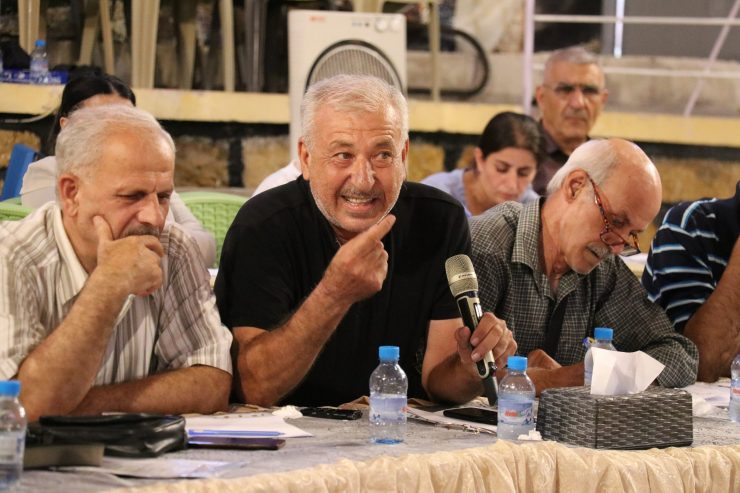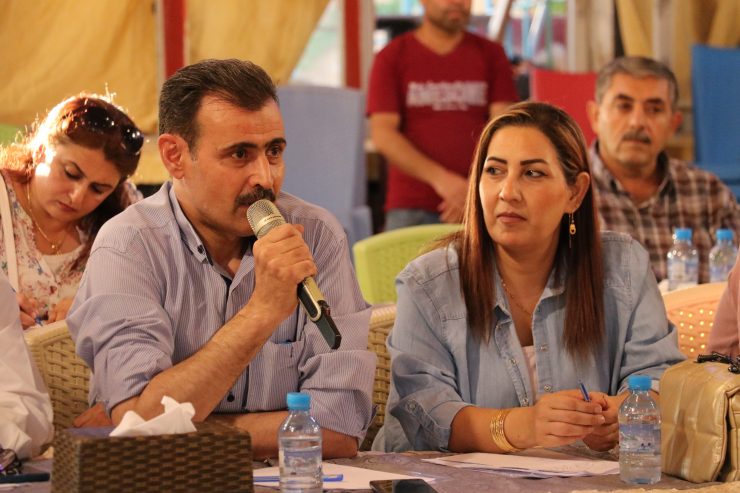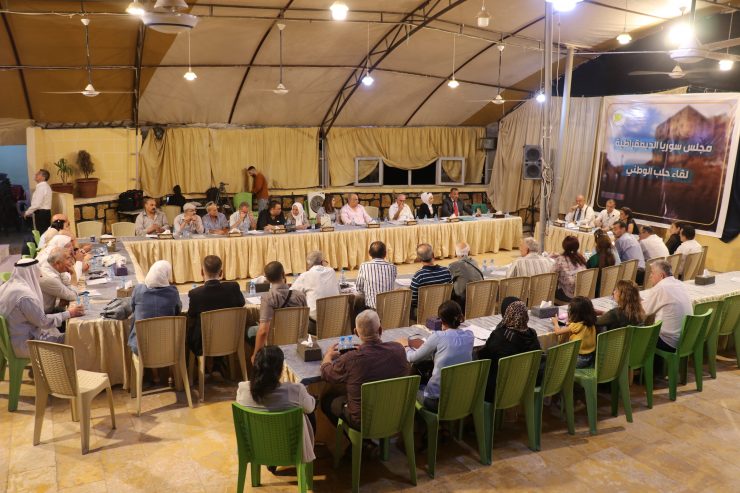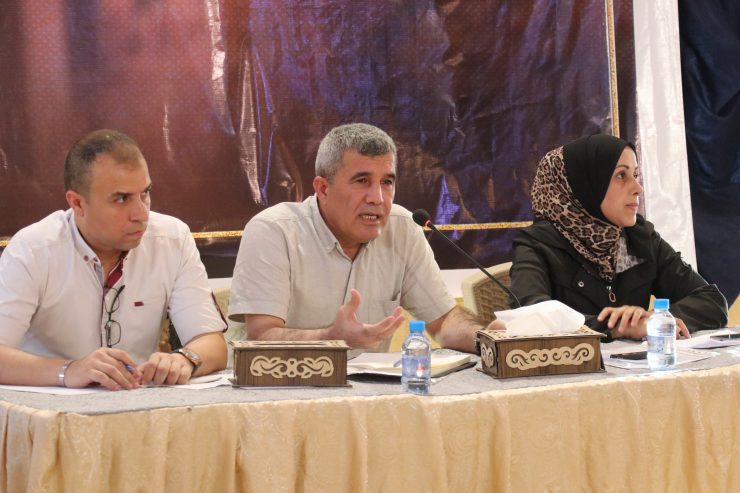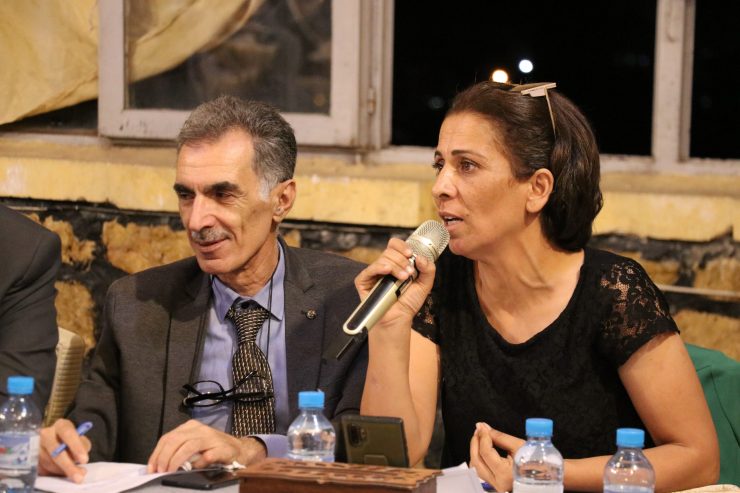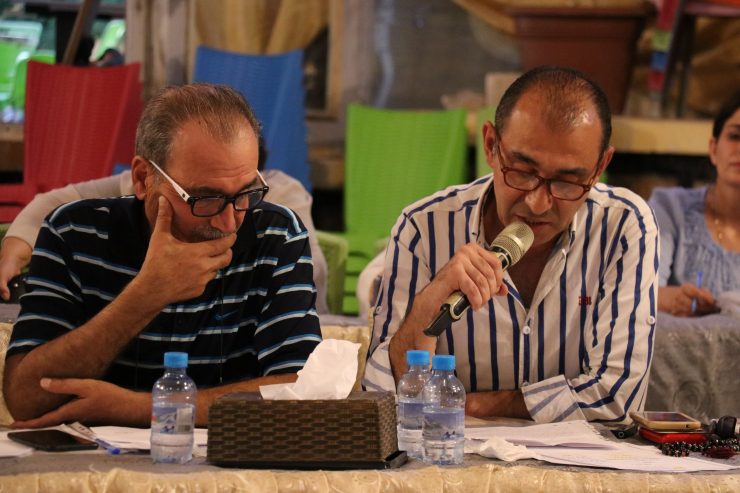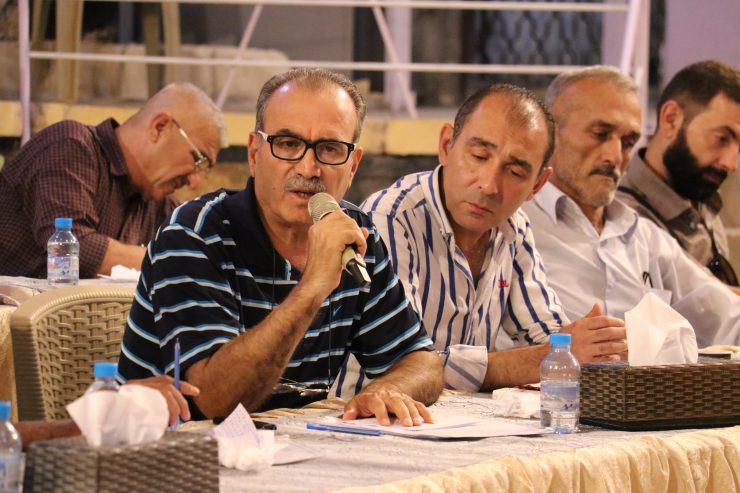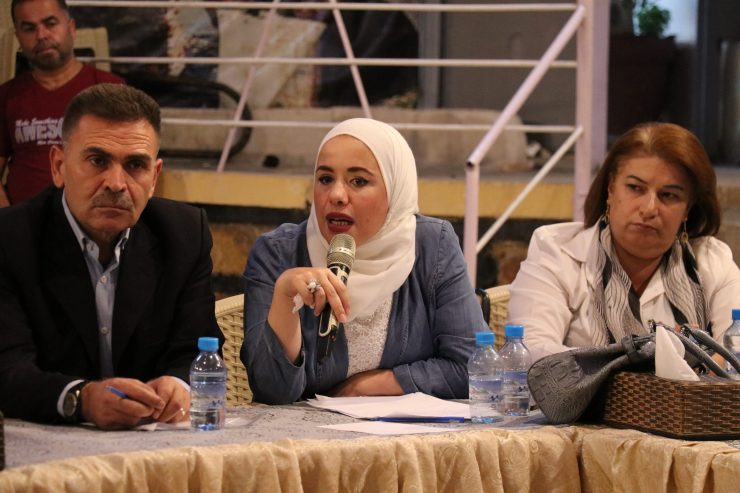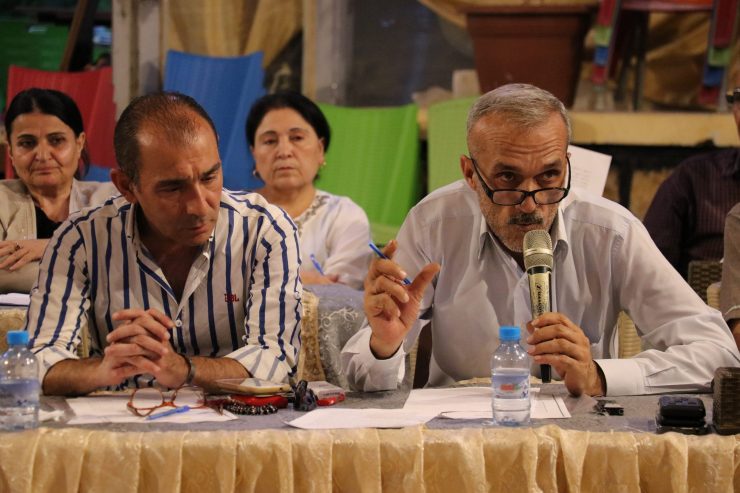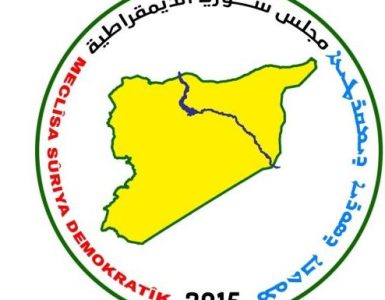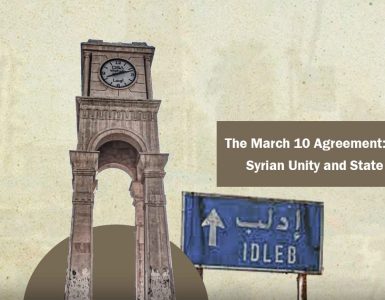With the aim of reaching common national agreements and understandings among the Syrian parties, a wide spectrum of political parties and influential figures met yesterday evening, on Saturday, in a meeting called by the Syrian Democratic Council under the title “The Aleppo National Meeting”.
The Aleppo National Meeting, which was held in the al-Sheikh Maqsoud neighborhood in Aleppo, northern Syria, brought together a group of parties and powers as following:
(The Syrian Change and Renaissance Party, The People’s Party, The Syrian Social Nationalist Party, The Syrian Democratic Party, The Kurdish National Movement for Peaceful Change, The People’s Will Party, The Syrian Social Nationalist Party “a wing headed by Ali Haidar”, The Democratic Front for the Liberation of Palestine, The Kurdish Democratic Party in Syria, The Progressive Kurdish Democratic Party in Syria, The Democratic Union Party, The Unity Party, The Syrian National Democratic Alliance Party, Syria Future Party, Syrian Women’s Council) as well as the participation of influential figures, from Aleppo, who are interested in the Syrian issue.
The head of the Relations Bureau and a member of the Executive Body of the Syrian Democratic Council, Hassan Muhammad Ali, spoke about the vision of the Syrian Democratic Council for resolving the Syrian crisis, and that the Syrian Democratic Council through Aleppo National Meeting seeks to unify the visions among the different powers in Aleppo, achieve national unity, strengthen understandings, enhance trust among the different parties and find political resolutions for the ongoing conflicts
The Relations Bureau presented a paper on the foundations of national dialogue for discussion, which was unanimously agreed upon.
During the meeting, Fadi Ismail, Aleppo’s Executive Director of the Syrian Social Nationalist Party, pointed out that since the beginning of the crisis, there have been many conferences, meetings and consultations, but they did not achieve the aspirations of the people.
He added that ending the crisis must be started by the sincere intentions of all parties to end it, accept others’ opinions and move to a national state. The Syrian resolution must depend on the principle of Syria’s cause.
The Secretary-General of the Syrian Change and Renaissance Party, Mustafa Qalaji, believed that Syrians should move towards re-formulating a Social Contract for their country based on fair distribution of wealth and power, and this contract should be established by specialists as it was in 1919 conference that led Syria for more than a year of development as well as they should issue a democratic liberal secular constitution.
For her part, university professor Natasha Al-Asfari pointed out that Syria’s need for dialogues among different spectra of Syrians because they suffer from a crisis of confidence and recognition of each party, considering national dialogue as a basic matter for gathering different parties.
Ahmed Abdi, an advisor to Secretary-General of Syrian Democratic Party described the step taken by the Syrian Democratic Council to call for Aleppo meeting as a positive matter, and he confirmed that it is necessary to encourage it because external parties don’t care about concerns of Syrian people.
Meanwhile, the independent Syrian politician Essam Azzouz praised experience of Autonomous Administration confirming the importance of generalizing it to different regions of Syria to get rid of controllers, and that people’s will should be ruling.
Lawend Alo, a member of political Bureau of Kurdish National Movement for Peaceful Change, demanded generalizing the experience of Aleppo National Meeting to different governorates of Syria to reach a comprehensive national Syrian conference in Damascus where all activists and powers participate in.
This aims at launching national dialogues by the Syrian Democratic Council to provide an open platform for dialogue and discussion among different political powers in society, and work towards finding resolutions for issues and problems facing country. It is an opportunity to build trust and effective communication among different segments in Syrian society, and reach understandings and agreements that enhance national unity.


